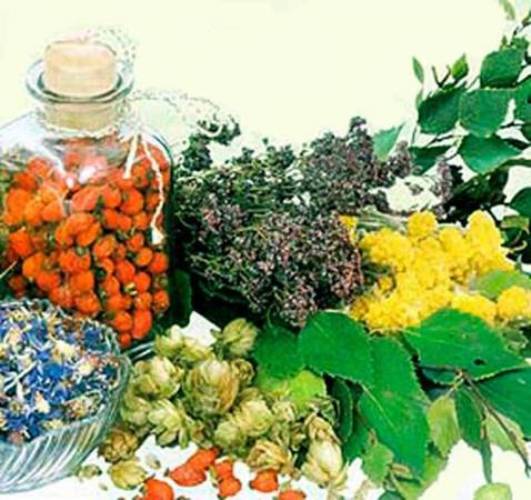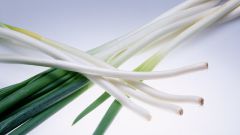Instruction
1
Each kind of herbs must be stored separately. This rule is especially important if we are talking about plants with a strong odor, which a high percentage of essential oils and other volatile substances. These include, for example, mint, oregano, thyme, Valerian. Such herbs and flowers (as well as roots and fruits) are best kept in glass jars. If you define them in storage in cardboard boxes or linen bags, which will be located next to other herbs, the strong scent will be transferred to all the plants.
2
The same should be kept separately in different parts of the plant. Separate the leaves, separate flowers, separate the roots, etc. Even the parts that belong to one plant, it is necessary to determine different places, because they have different terms and conditions of storage.
3
Herbs should be stored in cardboard boxes, wooden boxes, baskets, canvas bags or paper bags. That is in the container, letting in air. Plants with strong odor, store in glass or ceramic jars with a tight lid, and always in a dark place or wrap the jar in dark paper. Periodically cover open in order to ventilate. If conditions allow (no direct sunlight, dry air, good ventilation), you can store herbs in bunches hanging on the rope or on a nail. Plastic bags, bags of coffee and tea, plastic containers are not suitable for storing medicinal herbs, because they are too dense, the grass they might just "choke".
4
Herbs should be stored in clean, dry, well-ventilated place. Direct sunlight and high humidity are harmful for them. As often as possible to check your stocks – iterate, inspect, sniff. If herbs, roots or fruits covered with mold, without regret discard them, benefit from them will not be. Some roots (dandelion, burdock, rhubarb and bark quickly affected by insects, so their storage is best suited canvas pouches that you should hang on a draught. Ideal – storing roots on the balcony or in the basement, in a box with clean, dry river sand.
5
Sign plants. On the box or bag with a Sharpie write the name of the herb (flowers, fruits, roots), year and month of collection. Herbs do not lose their medicinal properties over two years, the fruits of three years, roots and bark – up to five years. However, there are exceptions. So, for hawthorn fruit characterized by a longer storage – up to 8 years, cherry – up to 6 years, horsetail stored 4 years, the leaves of bearberry 5 years, and the roots of licorice – up to 10 years.

